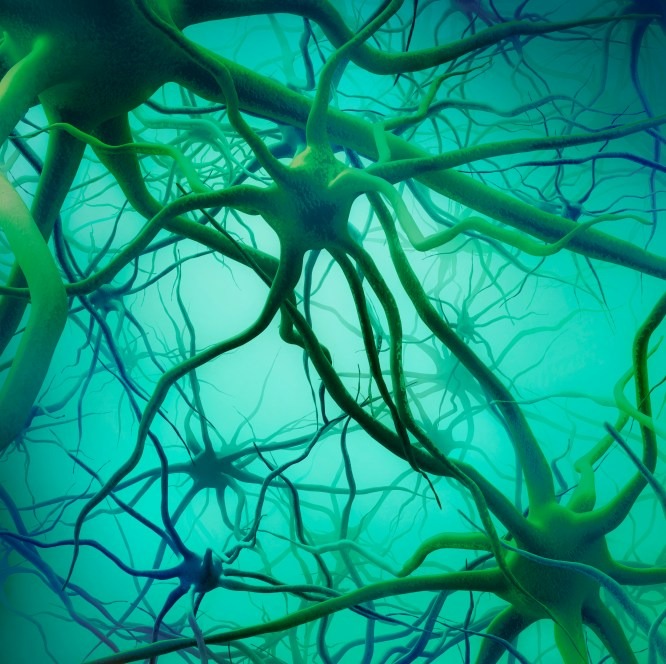
Neuroscience
We’re advancing research to tackle the complexities of some of the most devastating nervous system disorders in an effort to develop medicines that may treat, slow progression or prevent these diseases.
Research | Our focus | Careers I Collaborations | Initiatives
Neuroscience discovery and development
Neuroscience is evolving. New powerful imaging technologies and insights from human genetics and cell biology are helping us better understand disease-related changes in the brain and the nervous system. These rapidly emerging insights are enabling the development of new approaches to treating devastating diseases of the nervous system.
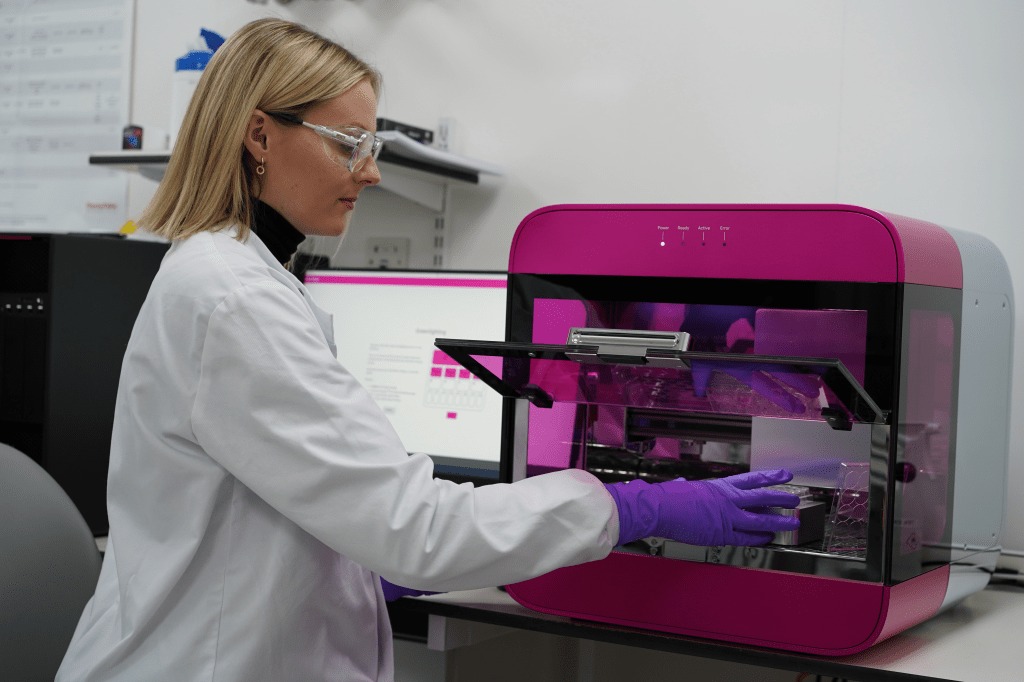
Exploring potential disease-modifying approaches
Our research is focused on discovering and developing novel therapeutics for a host of nervous system disorders. We're pursuing a variety of new approaches as we strive to understand the biology behind brain health, neurodegeneration and the nervous system. We're evaluating targets that have been implicated in many nervous system disorders and investing in new research on important biological functions including neuroimmunology, lysosomal function and protein homeostasis.

Researching symptom control
Our symptomatic research is focused on alleviating symptoms associated with nervous system disorders, including pain, excessive sleepiness and psychosis. By studying both disease modification and symptomatic relief, we hope to develop therapies with the potential to improve quality of life.

Ken Griffin Alpha-synuclein Imaging Competition
In 2023, the Michael J. Fox Foundation for Parkinson's Research announced MSD as the winner of the Ken Griffin Alpha-synuclein Imaging Competition. Alpha-synuclein is a protein that's associated with neurodegenerative diseases such as Parkinson's disease and is found in abnormal clumps called Lewy bodies. With the number of people impacted by Parkinson's disease increasing, we're committed to our work in this area and proud of this recognition by the Michael J. Fox Foundation for Parkinson's Research.
Our focus on research and treatments for neurological disorders
Our scientists are working to discover and develop novel therapeutics for a host of diseases involving the nervous system, which continue to represent one of the greatest therapeutic challenges of our time.
Alzheimer’s disease
Alzheimer’s disease is a progressive brain disorder and the most common cause of dementia, in which people lose memory, thinking skills and the ability to live independently. Alzheimer’s disease affects approximately 57 million people worldwide, and it’s estimated that this number will rise to 153 million by 2050. Recent progress in the area of human genetics in addition to advanced technology and screening tools is helping us better understand pathology in the brain and fueling innovative research in Alzheimer’s.
Schizophrenia
Schizophrenia is a serious, debilitating disorder in which people experience impairments in thinking, motivation and function. Most dramatic are the intermittent acute psychotic episodes, characterized by intense hallucinations, delusions and odd behaviors. Schizophrenia affects approximately 24 million people around the world. As scientific discovery in the field continues to evolve, we’re conducting innovative research with the goal of advancing treatment options for this often-stigmatized condition.
Pain
Nearly every day, billions of people around the world have pain, which inflicts functional, physical and psychological damage as their ability to work and maintain a family and social life is often compromised. Pain is characterized as acute or chronic. Acute pain is very common and typically the result of injury or surgery. Chronic pain persists beyond the time when tissue normally heals — typically more than three months. We’re researching and evaluating validated targets with the aim of discovering new options to treat people living with both acute and chronic pain.
Narcolepsy
Narcolepsy is a life-long sleep disorder in which the brain is unable to regulate sleeping patterns, resulting in excessive drowsiness. People with this disorder have trouble staying awake and may fall asleep suddenly, which significantly impacts their daily lives. Narcolepsy can also cause a temporary loss of muscle control (called cataplexy), sleep paralysis and excessive dreaming, among other symptoms. Approximately 3 million people worldwide are affected by narcolepsy.
Parkinson's disease
More than 10 million people worldwide are living with Parkinson’s disease. The progressive nervous system disorder is characterized by tremors, difficulty initiating movements, loss of facial expression, impaired cognition and loss of ability to function independently. Given the impact of Parkinson’s, our research is focused on the potential to slow or halt disease progression.
Amyotrophic lateral sclerosis (ALS)
Amyotrophic lateral sclerosis, more commonly known as ALS or Lou Gehrig’s disease, is a progressive nervous system disorder in which nerve cells in the brain and spinal cord break down. Over time, people with this disease become unable to make voluntary muscle movements, and eventually may lose the ability to eat, speak, move or perform life-sustaining functions like breathing. ALS is estimated to affect approximately five out of every 100,000 people worldwide, with 90% of cases occurring without family history. More research is needed to find new ways to prevent, diagnose and treat ALS.

Careers at MSD
Join our team of world-class experts to explore new approaches for some of the world’s most devastating diseases of the nervous system with the goal of delivering meaningful impact to patients.
We’re recruiting for positions across the professional spectrum, including interns, co-ops and postdoctoral research fellows.
Business development & licensing
We follow the science where we believe we can make the greatest difference, now and in the future. We’ve executed 10+ business development deals in neuroscience, helping to augment and diversify our growing pipeline.
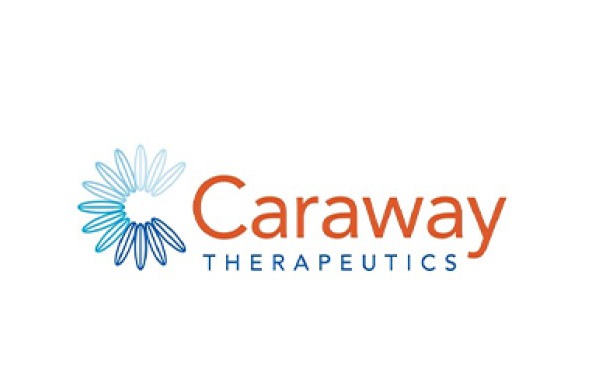

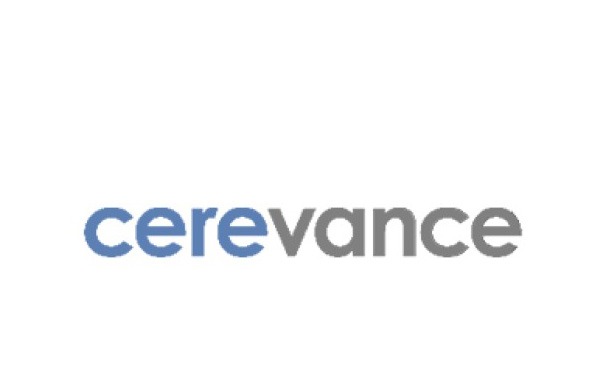
We’ve entered into a strategic research collaboration with Cerevance for the discovery of novel targets in Alzheimer’s disease.
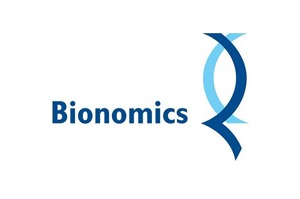
We've entered into a strategic research collaboration with Bionomics to evaluate the ability to target cognitive dysfunction associated with Alzheimer's disease and other central nervous system conditions.
Initiatives that can make a difference
Given the complexities of neurological disorders, patients and their caregivers often require multidisciplinary care that may involve physicians, nurses, social workers and community-based service providers. That’s why we support programs to help effectively coordinate care and provide needed social support for patients and their caregivers.
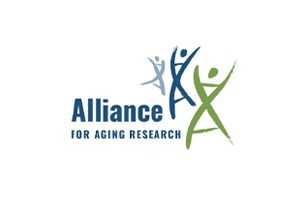
We have a long-standing relationship with the Alliance for Aging Research (ACT-AD), supporting their efforts around Alzheimer’s disease awareness. This includes the ACT-AD Coalition, a coalition of more than 50 national non-profit health professional, patient, business, health provider and consumer organizations dedicated to advancing research for Alzheimer’s disease and all dementias.
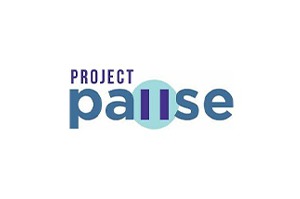
We're supporters of Project PAUSE (Psychoactive Appropriate Use for Safety and Effectiveness), which aims to educate stakeholders on ways to improve clinical care in long-term care settings for neurodegenerative disorders.





